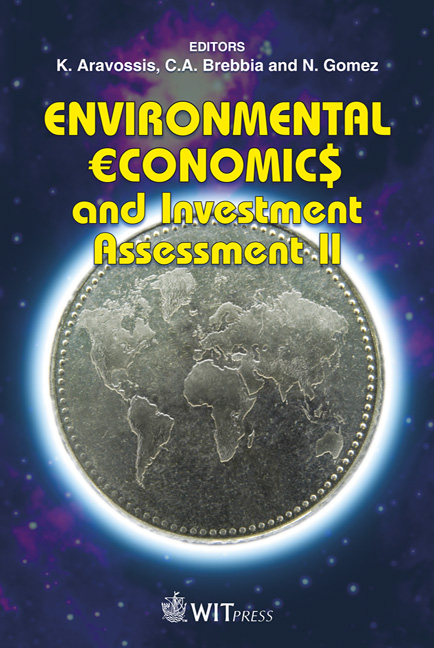How To Find The Most Practical Ecosystem Management Plan
Price
Free (open access)
Transaction
Volume
108
Pages
12
Page Range
241 - 252
Published
2008
Size
383 kb
Paper DOI
10.2495/EEIA080241
Copyright
WIT Press
Author(s)
T. C. Haas
Abstract
A predictive understanding of how political processes produce a sequence of ecosystem management decisions would allow environmental managers to estimate how much social change would be needed to make an ecosystem sustainable. To this end, a stochastic, temporal model of how political processes influence and are influenced by ecosystem processes is being developed. This model is realized in a set of interacting Influence Diagrams (Bayes Nets with Decision nodes) that each represent the belief systems of political groups in countries that affect an ecosystem. These group models also interact with a model of the affected ecosystem. After these models are fitted to a political-ecological data set, they are used to find the most practical ecosystem management plan by modifying the modeled group belief systems that were estimated from the data, until a sequence of group actions towards the ecosystem over a future time period results in desired ecosystem values at a designated future time point, e.g. a viable wildlife population in the year 2058. Belief systems are minimally modified away from their data-based values so as to produce this desired sequence of group actions towards the ecosystem. Such a set of interacting models has been constructed for the management of the endangered Cheetah (Acinonyx jubatus) across Kenya, Tanzania, and Uganda. Presidential offices, wildlife protection agencies, rural residents, pastoralists, and NGO groupswithin these countries aremodeled along with amodel of the cheetahsupporting ecosystem. A data set has been collected that consists of political actions by these groups along with cheetah counts by political region. The most practical management plan for this case is computed. Keywords: ecosystem management, environmental politics, wildlife management, biodiversity, optimal policies.
Keywords
ecosystem management, environmental politics, wildlife management,biodiversity, optimal policies.





